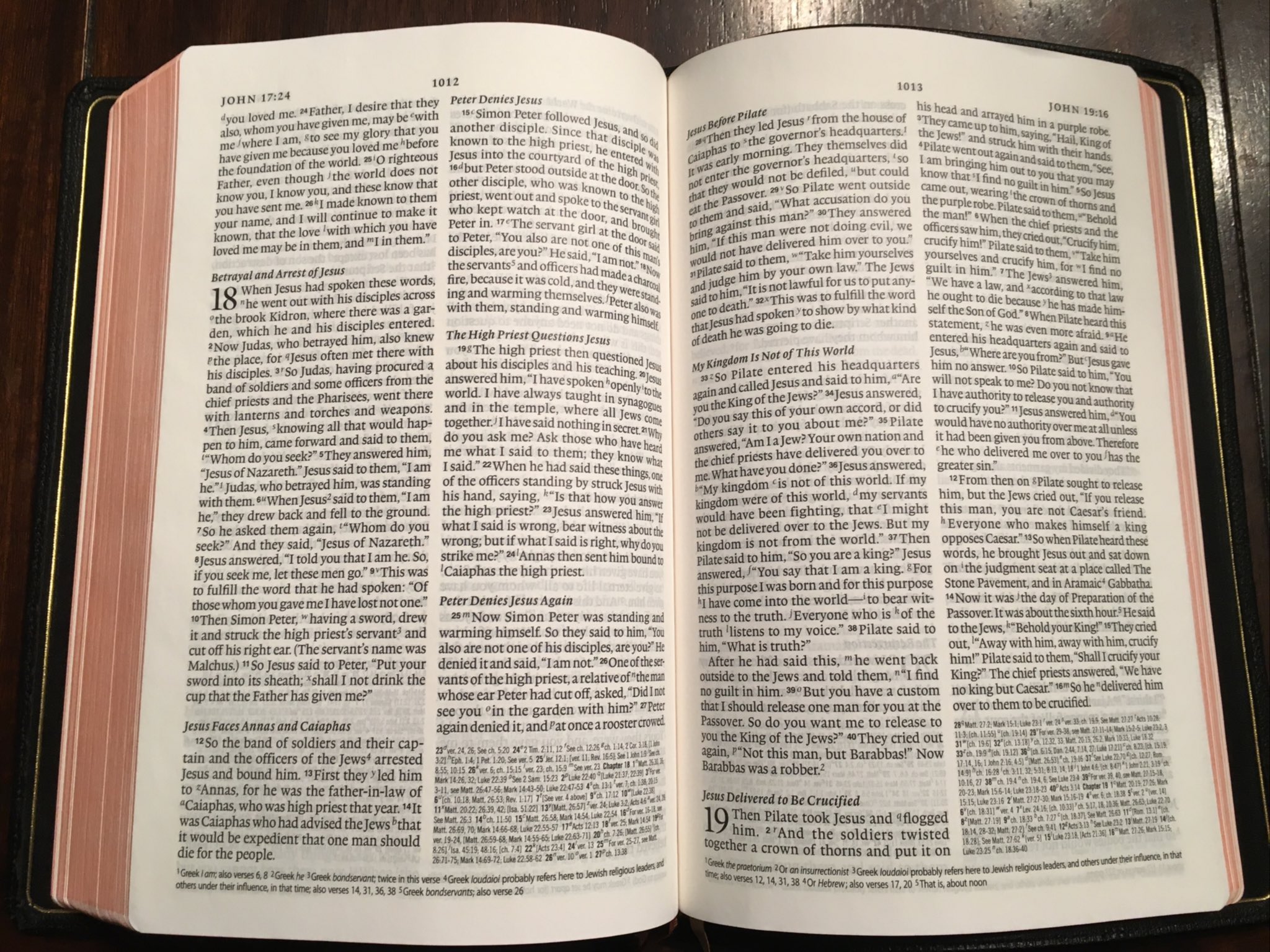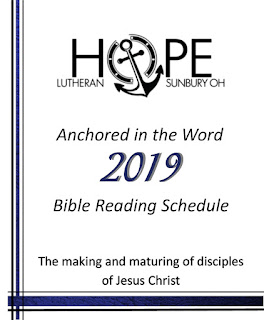Which Bible Should I Use? Which Bible Should My Child Use?
 There are myriad translations of the Bible these days and even more options for special categories of Bible. Which one should you get? What would be a good Bible for your child?
There are myriad translations of the Bible these days and even more options for special categories of Bible. Which one should you get? What would be a good Bible for your child?Let's start with the category of specialty Bibles. There are Bibles marketed as "The Law Enforcement Officer's Bible," "The Children's Bible," "Every Man's Study Bible," "The Explorer's Study Bible," "The American Patriot's Bible," "The Women's Study Bible," and on and on and on it goes...
Most of these are simply gimmicks designed to sell Bibles and not very helpful. Many of them contain false teaching too. One of the things that I don't like about Bibles designed to be marketed to sub-categories is that it makes it seem as if the Bible says different things to different people rather than having the same message for all people. It also furthers the individualistic culture we already struggle with as Americans and causes us to see our identities as being wrapped up in these specific categories, rather than being found in Christ.
A simple Bible that is easy to read and fits well in your hands is all you really need. Study notes can be fine, but they're not necessary, nor are the divinely inspired.
So, in general I recommend steering clear of these kinds of Bibles.
However, if you truly want a study Bible, the Lutheran Study Bible is the best you'll find and well worth the investment.
Now, let's talk about translations.
We are blessed these days with a lot of very good translations. Each translation will have shortcomings, but that's simply the nature of translations; there is always something lost in translations.
 Some translations aim for a more literal rendering of words and phrases while others aim for a more dynamic translations.
Some translations aim for a more literal rendering of words and phrases while others aim for a more dynamic translations.Which is better?
It depends.
A more literal translation is excellent for in depth Bible study, but can sometimes be clunky and more difficult to sit down and read.
a more dynamic translation is excellent for ease of reading, but sometimes they miss the fullest meaning of the text for the sake of easier reading.
So, which translation should you use? That's up to you, but here's a list to consider.
English Standard Version (ESV): This is what we use in my congregation for services and it is what is used in the Lutheran Service Book, so if you become familiar with this translation through reading it, you'll benefit by hearing this same translation in church. This tends toward being more literal than dynamic, so it's a good Bible for in depth study but a little harder to read than some others.
For Children, The Growing in Faith Bible is a good option. However if you want a Bible that won't seem childish to them as they grow up (when it looks like a "child's Bible" it will be perceived by some older children to be childish), consider a simple hardback or TruTone (imitation leather) version of the ESV.
Evangelical Heritage Version (EHV): This is a new translation, so you might not have heard of it. It was done by the Wisconsin Evangelical Lutheran Synod (WELS) which is a conservative Lutheran church body and it represents a dynamic equivalence approach. It is easy to read, so probably good for children.
New Living Translation (NLT): The New Living Translation is another good option for children. It is more of a thought for thought translation, so not ideal for in depth study of the Bible, but good for ease of reading.
The Action Bible: For younger children who can read, but aren't yet ready to tackle some of the challenging words found in just about any Bible translation, the Action Bible is a good option. This will help them to learn the basic stories of Scripture and get into the habit of reading a "Bible" each day.
There are other translations that are good, but my purpose here isn't to give a list of all of the translations and their strengths and weaknesses, but to give you a few good options to consider.
I will say that there are some translations you should avoid. The "New World Translation" isn't a faithful translation, but is propaganda from the Jehovah's Witnesses. This is one to mark and avoid. "The Message" is another one to avoid because it's not really a translation of the Bible at all, but more of a second hand telling. "The Message" is basically having Eugene Peterson (who put together "The Message") reading the text of the Bible and then telling you in his own words what he thinks the text says.
Your Bible doesn't need to be fancy or have tons of extras. Find a translation you're comfortable with, get a Bible with text that is easily read and that is a size and material that feels right in your hands, then get reading!



Comments
Post a Comment